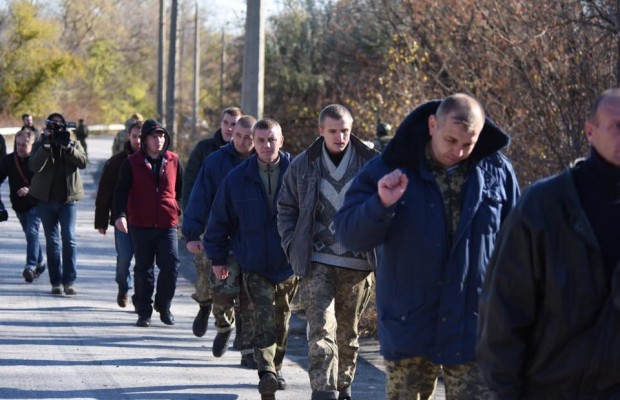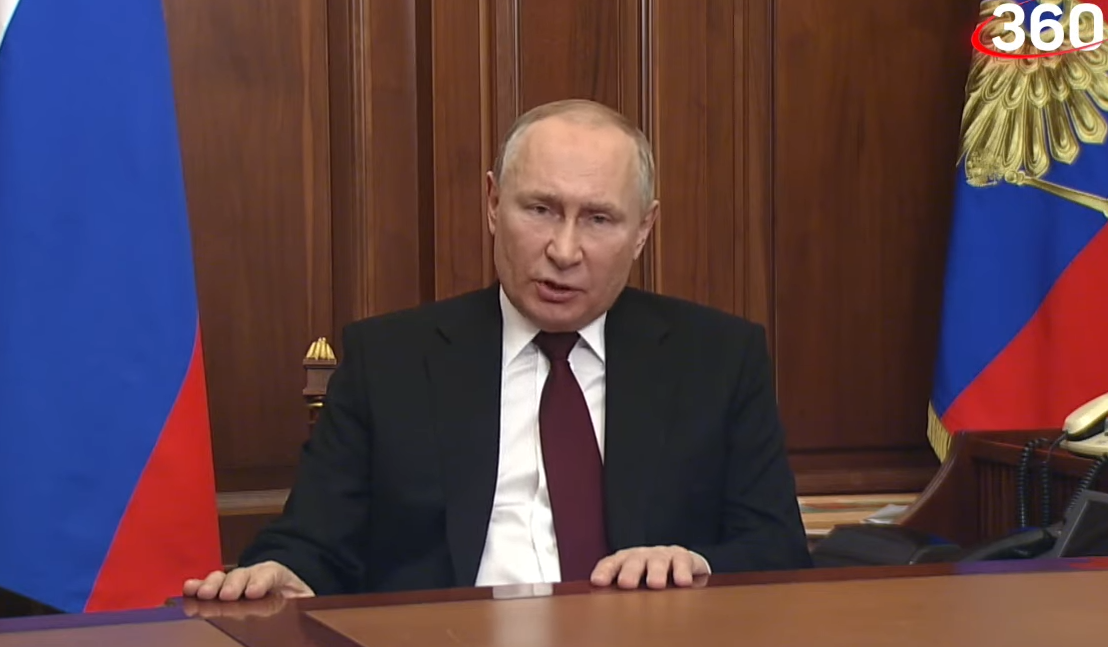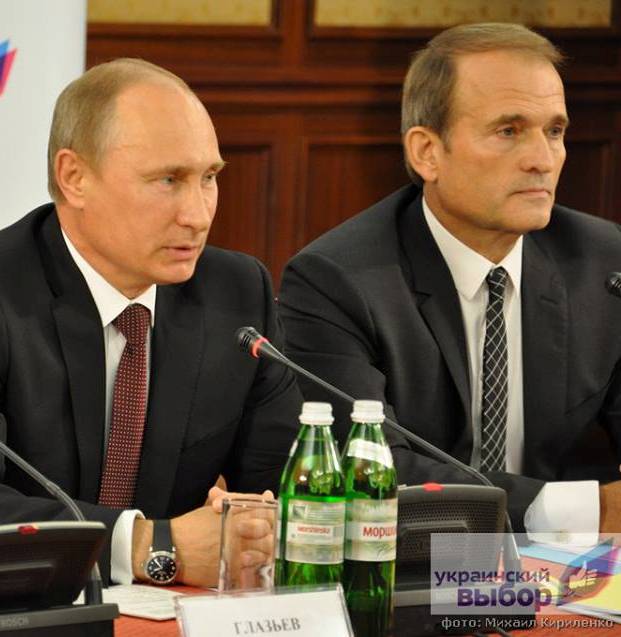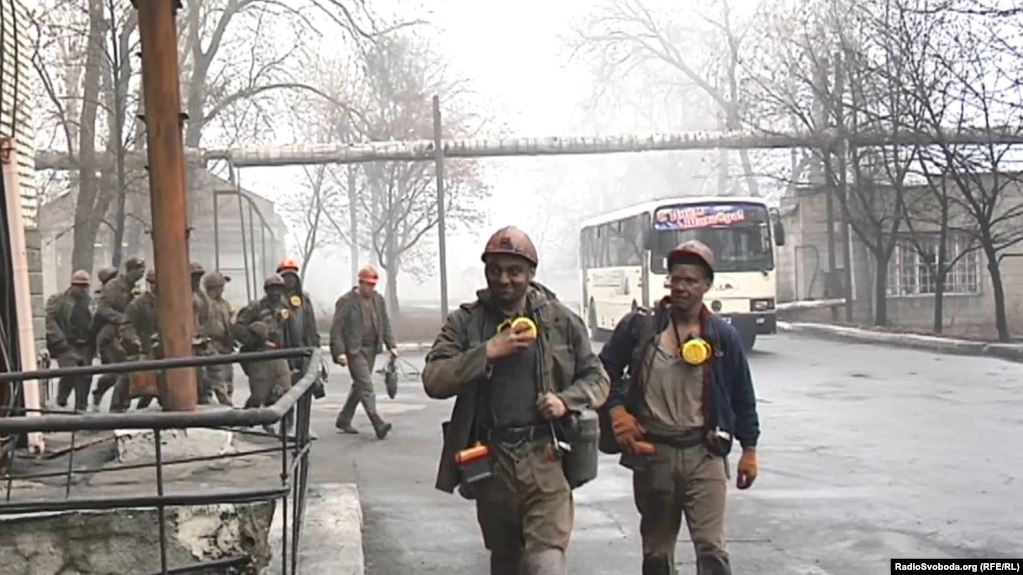After 15 months without prisoner swaps, Ukraine may finally exchange 74 of its citizens who are being held captive in the occupied territories of East-Ukrainian Luhansk and Donetsk oblasts by the so-called LNR and DNR, Russian-run self-styled Luhansk and Donetsk "people's republics," before New Year comes. In exchange, Ukraine is going to release and hand over 306 separatists.
306 for 74
Member of the Minsk Trilateral Contact Group's humanitarian subgroup, MP Iryna Herashchenko informed that 162 Ukrainians had been held captive in occupied Donbas as of November 24. The whereabouts of 94 of them were established. Later on 4 November, Herashchenko announced the prisoner exchange of 74 Ukrainian hostages taken by "LNR/DNR" for 306 persons held in Ukrainian prisons. According to Iryna Herashchenko, Ukraine's representative in the humanitarian subgroup of the TCG, this may be the most extensive prisoner swap if it succeeds. On 15 November Russian media reported that Viktor Medvedchuk, who represents Ukraine in TCG, asked his crony, Russian president Vladimir Putin to use his "authority and to show compassion by asking the heads of the unrecognized republics – Mr.Zakharchenko and Mr.Plotnitsky – to go ahead with this exchange as the first stage of an ”all for all“ exchange and to release these individuals [74 Ukrainian prisoners]." According to the Russian presidential executive office, Putin replied to him: "I will do all I can and speak with the leadership of the Donetsk and Luhansk republics." Later he reportedly called the two Moscow-installed leaders for the first time ever and of course obtained their consent. Putin's spokesperson Dmitry Peskov stated:"We have no leverage to put pressure on these unrecognized republics. We have no opportunity to give instructions to anyone there, because these republics live their own lives. But the president has never made a secret of his ability to address them with calls and to cause certain influence - not infinite, of course. Only to a certain extent."Given that Medvedchuk has personal ties with Putin who is the godfather of his daughter and that Russia has full military and political control of the two pseudo-states in the east of Ukraine, the staged show looked like another Kremlin effort to promote Medvedchuk among Ukrainians as an influential person who is capable of having sway with Putin.
Read also: Russian “siloviki” oversee power vertical of occupied Donbas
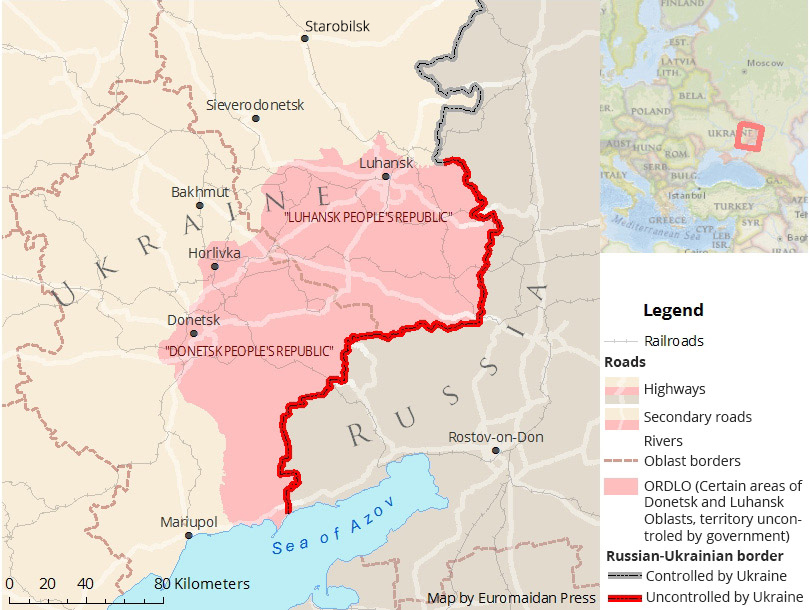
"LNR coup" won't affect the agreements
Several days after the latest prisoner swap was announced, a coup took place in Luhansk on 20-23 November. So-called "head of LNR" Igor Plotnitsky, one of the signees of Minsk agreements, was replaced by his "security minister" Leonid Pasechnik. Nevertheless, Pasechnik assured that the change of power in Luhansk would not affect the prisoner exchange. Moreover, an official “LNR” website announced that Plotnitsky had been named the “LNR” representative to the Minsk process, aimed at resolving the conflict. On 29 November Special Representative of the OSCE Chairperson-in-Office to the TCG, Ambassador Martin Sajdik said that the TCG confirmed the readiness of conflicting parties for an exchange of captives. Viktor Medvedchuk told reporters in Minsk after the meeting of the Contact Group:"Our goal is to release these 306 [prisoners] before the New Year and Christmas holidays, as was stated. Preparations now remain to be done [by the Ukrainian side]," he said.
According to Medvedchuk, the 306-to-74 exchange is the first stage of the prisoner exchange in the all-for-all format. As it succeeds, the second stage will be prepared, at which Ukraine will free and transfer the remaining 80 prisoners and receive the remaining 20 people.
Not just military
Not just Ukrainian military prisoners-of-war are held hostage in occupied Luhansk and Donetsk. Among the prisoners, there are many civilians such as Luhansk football fans Vlad Ovcharenko and Artem Akhmerov sentenced to 13 and 17 years in prison for “high treason in the form of espionage”, Donetsk journalist Stanislav Asieiev, Luhansk blogger Eduard Nedeliaiev, 63-year-old religious specialist and academic Ihor Kozlovskyy, a civic activist Volodymyr Fomichov who was captured as he visited his relatives in the occupied zone, three civil volunteers. Ukrainian envoy to TCG Iryna Herashchenko highlighted that there are 10 women among the Ukrainian hostages held in the Donbas.Read also: Ukrainian civil resistance to Russian occupation in Donbas
Many of the prisoners have been behind bars for over a year, some are illegally held for three years. As of September 2017, 410 persons were considered missing in the ATO zone, according to the SBU's the Joint Center for Coordination of Search, Release of Captives, Hostages, and Location of Missing Persons in the ATO Area. Since 7 April 2014, 3,138 hostages were released and exchanged.- Russia has been officially denying any involvement in the war in the Donbas region.
- The Trilateral Contact Group on Ukraine was created after the May 2014 Ukrainian presidential election as means to facilitate a diplomatic resolution to the war in the Donbas.
- The TCG consists of representatives from Ukraine, Russia and the Organization for Security and Cooperation in Europe (OSCE).
- Prisoner exchanges in the all-for-all format are one of the provisions of the Minsk-2, the Package of Measures on the implementation of the Minsk agreements was signed by TCG on 12 February 2014 in Belarus.
Read more:
- Coup attempt underway in occupied Luhansk: what we know so far
- After the coup in occupied Luhansk: a real junta and more Russian FSB control
- Ukrainian civil resistance to Russian occupation in Donbas
- Russian proxy “republic” sentences two pro-Ukrainian football fans to 13 & 17 years
- Who is who in the Kremlin proxy “Donetsk People’s Republic”
- Ukraine’s Donbas-reintegration bill branding Russia “aggressor state” passes first reading
- Putin suddenly wants armed peacekeepers in Donbas. Why now? What for?
- The dangerous life of pro-Ukrainian activists in occupied Donbas
- Executed in Donbas: activists present data on 95 extrajudicial killings
- Three years after sham referendums in Donbas, no Russian Spring
- Stages of Russian occupation in a nutshell
- First casualties of OSCE mission in Donbas: landmine blast kills one, injures another
- Policy shift shows Russia preparing to recognize its puppet republics in Donbas

